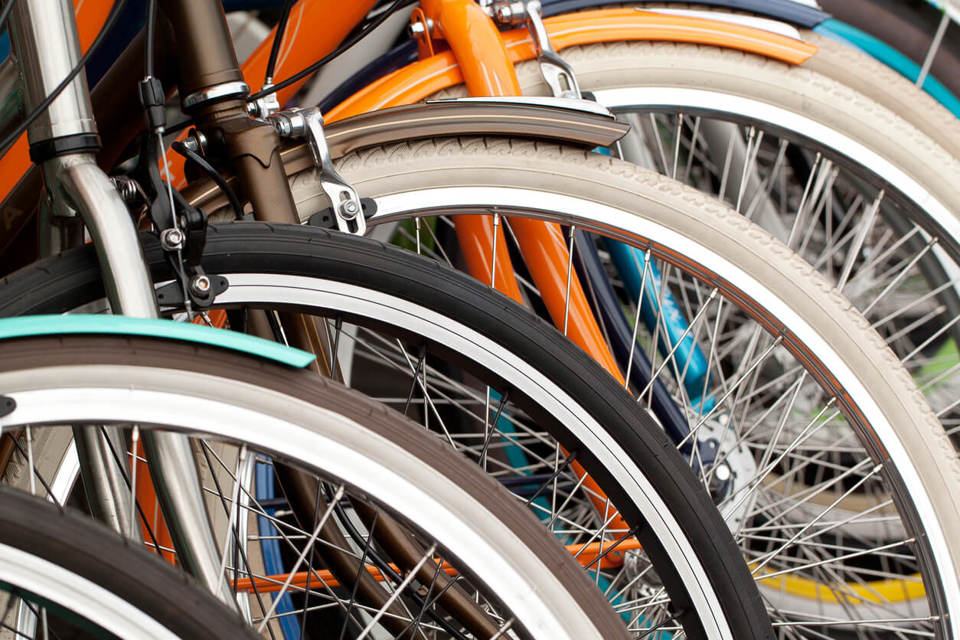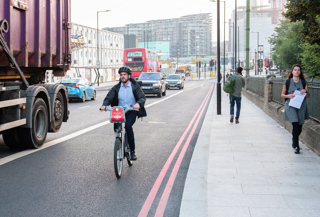The majority of people – some 94% – back greater penalties for bicycle, e-bike and e-scooter riders who flout road laws, new research suggests.
The former transport secretary, Grant Shapps, recently proposed a Whitehall review of how cyclists who break the law should be tracked and prosecuted.
Initial ideas put forward to facilitate this include insurance cover for riders and registration plates for bikes, and it appears from the latest research by Venson Automotive Solutions, that the UK public are in favour.
Almost two-thirds (62%) of those surveyed by Venson agreed that riders of bicycles, e-bikes and e-scooters should have insurance cover and nearly half (49%) believe these modes of transport should carry registration plates.
Cyclists who jump red lights – which is an illegal act for all road users - are creating dangerous situations on the road for themselves and other road users, but unlike motorists, the odds of escaping prosecution are high.
However, if caught jumping lights, cyclists will be issued with a standard Fixed Penalty Notice of £30 opposed to a potential maximum fine of £1,000 for motorists and points on their licence.
Currently, under the Highway Code and Road Traffic Act speeding limits only apply to motor vehicles and their drivers, exempting cyclists and scooter riders of this vital safeguard.
The survey found that 94% of respondents support the introduction of penalty points and fines for riders of bicycles, e-bikes and e-scooters breaking speed limits and greater penalties for those red light jumping.
One in four also believe that before riders of a bicycle, e-bike and e-scooter take to the road, they should obtain a rider’s licence which includes taking a theory and road test.
Alison Bell, operations director at Venson Automotive Solutions, said: “A lot of private motorists and businesses operating fleets are looking for greener transport options for themselves and their employees, including bicycles and e-bikes which can be offered under a salary sacrifice scheme by employers.
“With Government setting a target for half of all short trips to be walked or cycled by 2030 in England, this type of ‘micro-transport' could provide a viable transport alternative and support that ambition.
“However, the reality is just 9.1% of people cycled at least once a week for any purpose between November 2020 and November 2021.
“The latest figures from the Department for Transport also showed that this is down 11.6% compared to the same period the year before.
“Clearly, to meet the Government’s transport green goals, more needs to be done to encourage people and businesses to change their transport habits, especially for shorter trips.
“Nevertheless, changes to legislation that impose stricter rules for cyclists and scooter riders could significantly deter people from making a switch. Striking a balance will be crucial to successfully growing this micro-transport, whilst protecting all road-users fairly.”
























Login to comment
Comments
No comments have been made yet.